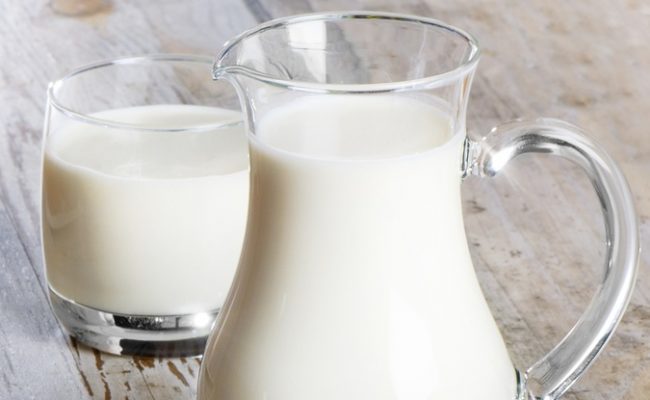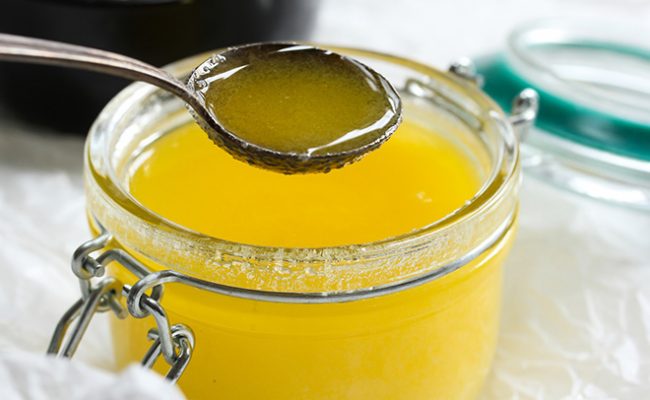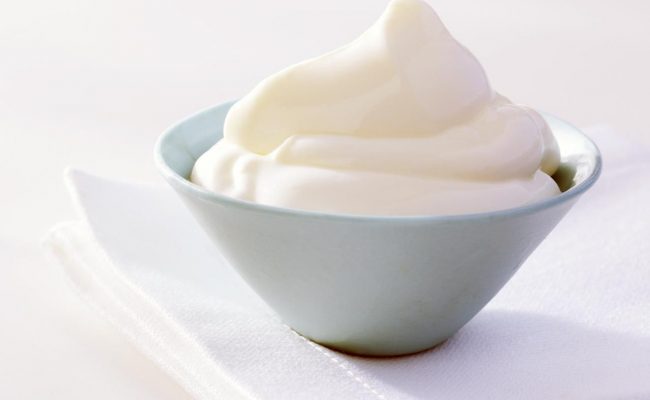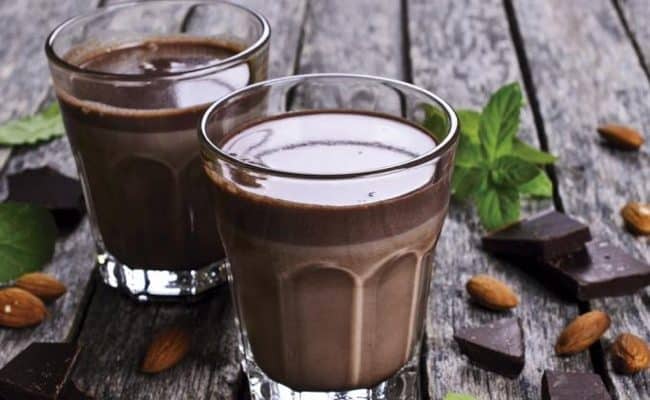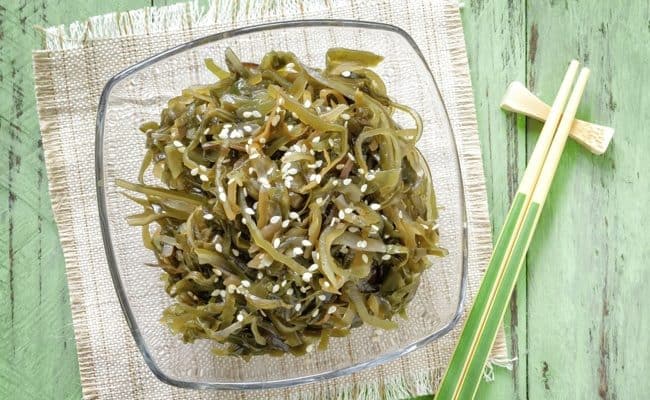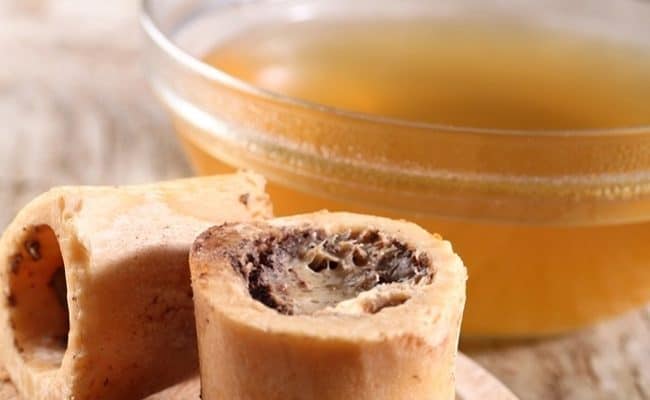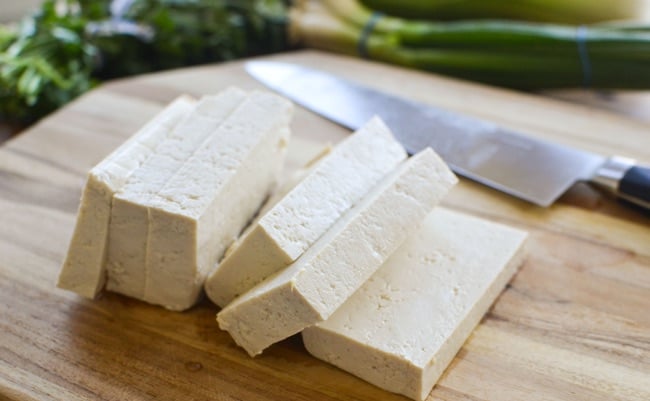
Tofu is made in a similar way cheese is made. Soy milk is curdled, pressed into a square with the liquid being discarded. Tofu is naturally fairly bland and can take the flavor of whatever spices or seasonings it is being cooked with.
Tofu has been a staple for centuries in Asian cultures and, and Asian cultures continue to have higher intakes of tofu and other soy products compared to other parts of the world. Some research studies have shown tofu may help with lowering cholesterol which helped increase soy intake in Western culture.
Tofu is also high in many vitamins, minerals and considered a complete vegetarian protein.
Why would tofu be bad for you? Some animal studies have found controversial results with soy and increasing risk for certain cancers. However, eating soy in moderation, which is considered 1-2 servings per day is considered safe.
Determining whether or not tofu is healthy for you depends on quantity, over all diet and if you have certain underlying health conditions.
Nutrients in tofu
A half cup of firm tofu (1) contains less than 100 calories, 5 grams of fat, 2 grams of carbohydrate and 10 grams of protein. Tofu can be considered a good source of protein, and it provides all essential amino acids.
A half cup serving also provides about 10% Daily Value (DV) for iron and 25% DV for calcium. It also provides other minerals: manganese, magnesium, selenium, copper and zinc (2).
Benefit as a complete vegetarian protein
For vegetarians and especially vegans, getting complete sources of protein is important. Most plant sources of protein are considered incomplete meaning they are low in at least one essential amino acid.
Eating a wide variety of whole grains, legumes, nuts and seeds can provide all essential amino acids from plants alone. Eating soy based foods, like tofu, can also provide all essential amino acids in one food.
Tofu and heart health
Tofu contains soy derived isoflavones which are considered phytoestrogens. Some early research studies concluded that isoflavones could help lower LDL cholesterol.
However, a 2006 review article (3) concluded after looking at over 20 studies that the effect of soy isoflavones decreased LDL about 3%.
Does this mean tofu and other soy products don’t benefit heart health? Researchers concluded tofu and other soy foods are beneficial to heart health because they are a source of fiber, vitamins, minerals and naturally low in saturated fat.
Possibly help lower risk for osteoporosis
Eating a diet high in bone building nutrients and doing weight bearing exercise are two factors anyone can help control for osteoporosis. Tofu is a source of calcium, magnesium and phosphorus which are all bone building nutrients.
As a source of soy isoflavones, eating tofu may also help lower risk for osteoporosis according to a 2011 study (4). Researchers found soy isoflavones may help prevent osteoporosis and improve bone strength in post-menopausal women.
However, not all research studies have shown a benefit of soy isoflavones lowering risk for osteoporosis (5).
Tofu and cancer
The biggest area of concern and question with soy products is how they affect cancer risk. Some animal research has suggested that high amounts of soy could increase risk for breast, prostate or endometrium cancer.
However, the way rodents process soy is very different than humans. What is more clearly known now is soy isoflavones could adversely affect a certain type of breast cancer but not necessarily all forms of cancer (6).
According to the American Institute for Cancer Research (7), human studies show that moderate amounts of soy products, like tofu, do not increase cancer risk. In fact, in Asia where soy consumption is quite high, cancer risks are lower than other parts of the world.
Soy consumption earlier in life may have a positive protection against some cancers, but adding soy products later in life may have a different affect in the body (8).
Soy products are metabolized in various ways in different people. This variance may have some reason why isoflavones from soy products appear to have a protective effect against cancer and others may not have the same effect.
Therefore, exact amounts of soy beneficial or harmful for health are still being studied. If you have a history of cancer or have specific questions how isoflavones could affect your health, speak with your health care team before you increase your intake of soy.
However, moderate amounts of soy products, 1-2 servings per day, are generally considered as safe.
Caution with kidney stone issues
People prone to getting kidney stones may not want to eat excess amounts of tofu. For some people excess calcium oxalate can build up into kidney stones, so limiting oxalate food sources may be recommended for people at risk (7). Many plant based foods are high in calcium oxalate including: leafy greens, some fruits and soy products.
Conclusion
Tofu is made from soy milk and is a source of protein, low in saturated fat, provides calcium, iron and other minerals. It can be a part of a healthy diet, and it can especially be beneficial for vegetarians because it is a plant based complete protein.
Initial studies suggested soy can help lower LDL cholesterol, and although the effect is relatively small, tofu is still considered a heart healthy food because it is a source of many nutrients and fiber.
Some, but not all, research studies have shown that soy isoflavones could be beneficial for bone health and lowering risk for osteoporosis. The relationship between soy based foods with cancer risk is still being fully understood, but in general moderate food consumption of soy foods is considered safe.
In fact, certain cultures with high intakes of soy have lower incidence of cancers. Supplements of soy bi-products should be used with caution.
Another potential caution with tofu is if someone is trying to follow a low oxalate diet. Soy products, leafy greens and some fruits are a source of calcium oxalate, and high levels of calcium oxalate could increase risk for kidney stones for certain people.
